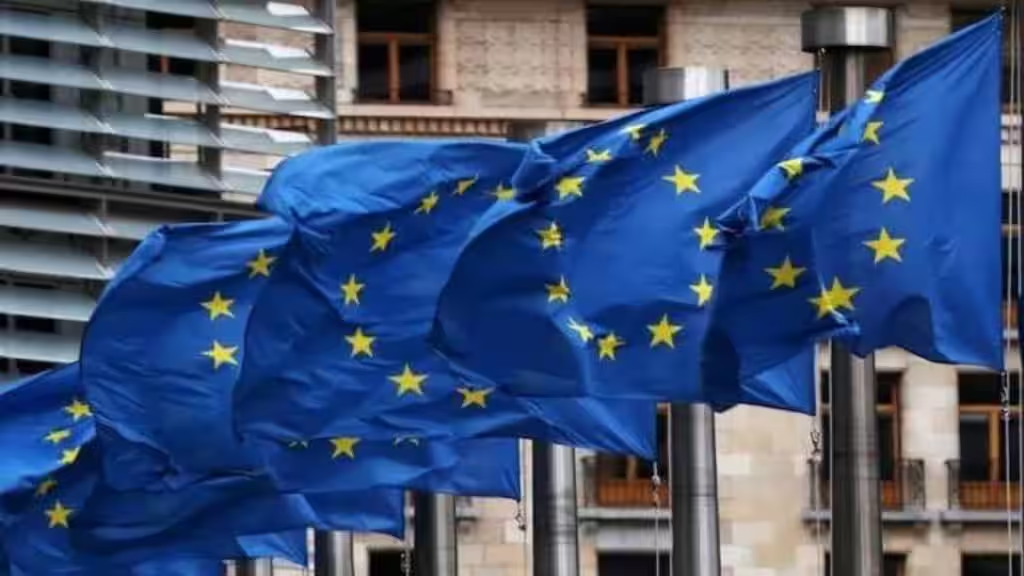As artificial intelligence increasingly intertwines with our quotidian routines, the European Union has executed an unprecedented maneuver, instituting regulations to govern AI for the first time on a global scale. These groundbreaking statutes are slated for activation next month following the endorsement by EU member states of a political accord cemented last December.
The EU’s AI Act is distinguished by its thoroughness, outstripping the United States’ approach of voluntary adherence and China’s focus on maintaining societal stability and exerting state control.
This decisive vote by EU nations trails the approval by European lawmakers in March, who introduced pivotal amendments to the AI legislation originally proposed by the European Commission in 2021. Growing trepidations about AI’s involvement in the dissemination of misinformation, counterfeit news, and protected intellectual property have been exacerbated by the advent of generative AI systems such as Microsoft-backed OpenAI’s ChatGPT and Google’s chatbot Gemini.
“This seminal legislation, a world first, tackles a global technological conundrum that simultaneously presents prospects for our societies and economies,” asserted Mathieu Michel, Belgium’s minister for digitization. “The AI Act underscores Europe’s commitment to trust, transparency, and accountability in the management of emergent technologies, while fostering an environment conducive to European innovation.”
The AI Act imposes stringent transparency mandates on high-risk AI systems, accompanied by less stringent requirements for general-purpose AI models. It curtails the use of real-time biometric surveillance by governments in public areas, limiting it to serious criminal activities, thwarting terrorist activities, and apprehending suspects of significant offenses.
Patrick van Eecke of the law firm Cooley highlighted the AI Act’s far-reaching implications, remarking, “Entities outside the EU leveraging EU customer data in their AI platforms will need to comply. This regulation could serve as a template for other regions, akin to the EU’s GDPR privacy framework.”
The new legislative framework will be operational in 2026, but prohibitions on AI applications in social scoring, predictive policing, and indiscriminate facial image scraping will commence six months post-enactment. Compliance obligations for general-purpose AI models will commence after 12 months, and stipulations for AI systems integrated into regulated products will begin in 36 months. Penalties for non-compliance range from 7.5 million euros (USD 8.2 million) or 1.5 percent of turnover to 35 million euros or 7 percent of global turnover, contingent on the nature of the infraction.


